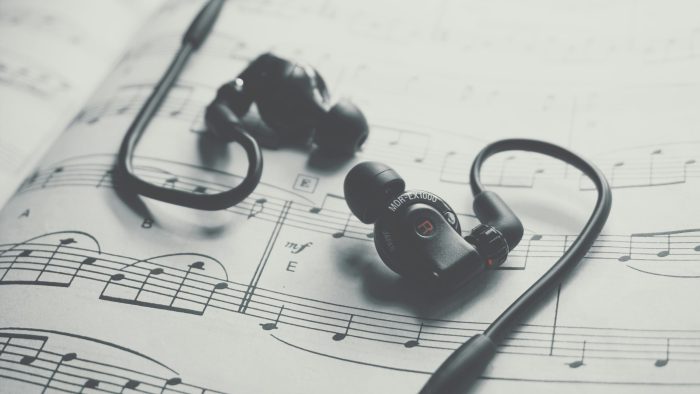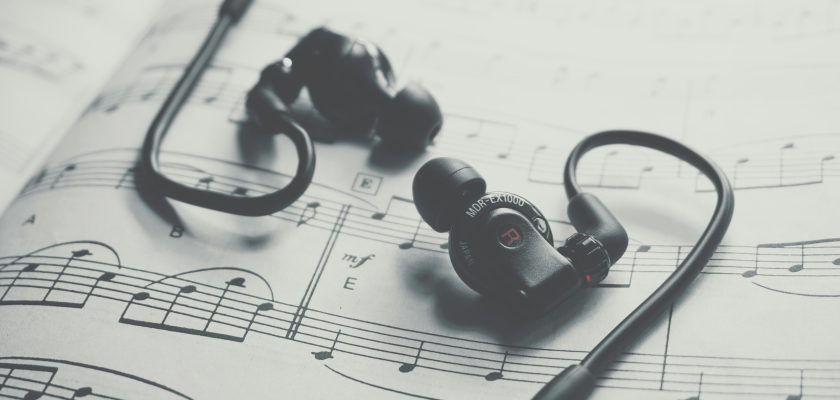
Music is more than just entertainment—it is an inseparable part of human life. From the moment we wake up to the time we go to sleep, music influences our mood, productivity, relationships, and even our health. People may not always notice it, but music plays in the background of most of our daily activities, whether through streaming apps, radio, or live performances. In this article, we will explore the importance of music in daily life and why its benefits are too valuable to overlook.
The Universal Language of Emotion
One of the most powerful aspects of music is its ability to communicate emotions without words. While spoken language can sometimes fall short, music transcends cultural and linguistic barriers. A melody can make us feel joy, nostalgia, sadness, or excitement. Think of how movie soundtracks intensify emotions in films—without the right music, a scene would lose much of its impact. This emotional connection highlights the deep importance of music in daily life as it allows us to express what we cannot always say.
Mental Health and Stress Relief
In today’s fast-paced world, stress and anxiety have become common struggles. Music offers an easy, accessible, and effective way to cope with these challenges. Studies have shown that listening to calming music can lower cortisol levels, reduce stress, and improve overall well-being. For instance:
- Relaxation: Soft instrumental or classical music is often used in meditation and therapy sessions.
- Mood Regulation: Listening to upbeat songs can instantly lift a bad mood.
- Sleep Aid: Many people rely on soothing playlists to fall asleep more peacefully.
This therapeutic role emphasizes the importance of music in daily life, especially as a natural and non-invasive stress management tool.
Boosting Productivity and Focus
Have you noticed how certain music helps you concentrate while studying or working? Background music—especially instrumental or low-tempo tracks—can enhance focus, memory, and creativity. Many professionals and students use playlists to create a positive environment that blocks distractions. Even in workplaces, soft background music can improve employee morale and performance.
On the other hand, energetic music during exercise or chores motivates people to push harder and finish tasks with enthusiasm. This connection between rhythm and productivity is a clear example of how music shapes daily routines.
Social Connection and Cultural Identity
Music has always been at the heart of human interaction. From festivals and weddings to concerts and street performances, it brings people together. Singing along to a favorite song at a concert creates a sense of unity and belonging. In families, traditional songs often pass down values and heritage across generations.
Furthermore, each culture expresses itself uniquely through music—whether it’s Indian classical ragas, African drumming, Western jazz, or Latin salsa. These traditions remind us that music is more than sound—it is a reflection of history and identity. This cultural bond strengthens the importance of music in daily life as it connects us to our roots and to others.
Music and Physical Health
While music is often seen as a mental and emotional companion, it also benefits physical health. Researchers have discovered that:
- Music therapy can help patients recover faster from surgeries.
- Rhythmic beats improve motor skills in people undergoing physical rehabilitation.
- Upbeat music increases endurance and performance during workouts.
- Singing can improve lung capacity and breathing control.
These health benefits show that the role of music extends beyond entertainment—it actively supports both mental and physical well-being.
Personal Expression and Creativity
For many people, music is not just something they listen to—it is something they create. Writing lyrics, playing an instrument, or producing beats allows individuals to express themselves in unique ways. This form of creativity fosters self-confidence and encourages personal growth.
Even if someone is not a musician, creating playlists or choosing songs that reflect their mood is a personal form of expression. This shows how music gives everyone—regardless of skill—a creative outlet.
Music in Education and Development
Music plays a crucial role in learning and brain development. Children exposed to music at an early age often perform better academically, especially in areas related to memory and problem-solving. Playing instruments enhances coordination and discipline, while singing improves language and communication skills.
Educational institutions increasingly integrate music into their curricula because it nurtures emotional intelligence, teamwork, and creativity—skills essential for success in life.
Everyday Scenarios Where Music Matters
To truly understand the importance of music in daily life, think about how often it accompanies us:
- Morning Routine: A motivational playlist helps us start the day with energy.
- Commuting: Music makes long journeys more enjoyable and less stressful.
- Exercise: High-tempo songs keep us motivated during workouts.
- Cooking or Cleaning: Background music makes chores less tedious.
- Celebrations: No birthday, wedding, or festival feels complete without music.
In each of these situations, music isn’t just background noise—it enhances the experience.
The Future of Music in Our Lives
With technology advancing rapidly, music has become even more accessible. Streaming platforms, smart speakers, and AI-generated playlists bring personalized soundtracks to our fingertips. Virtual concerts and immersive sound experiences are expanding the way people engage with music.
As our lives get busier and more digital, music will continue to provide a sense of comfort, connection, and identity. Its relevance is not fading—it is growing stronger.
Conclusion
Music is far more than entertainment; it is a vital part of the human experience. It heals, inspires, connects, and motivates us in ways nothing else can. From supporting mental health and improving productivity to strengthening cultural identity and enhancing daily routines, the importance of music in daily life cannot be overstated.
The next time you put on your headphones or hum your favorite tune, remember—you are not just passing time, you are enriching your mind, body, and soul. Truly, music is a gift we cannot afford to ignore.

